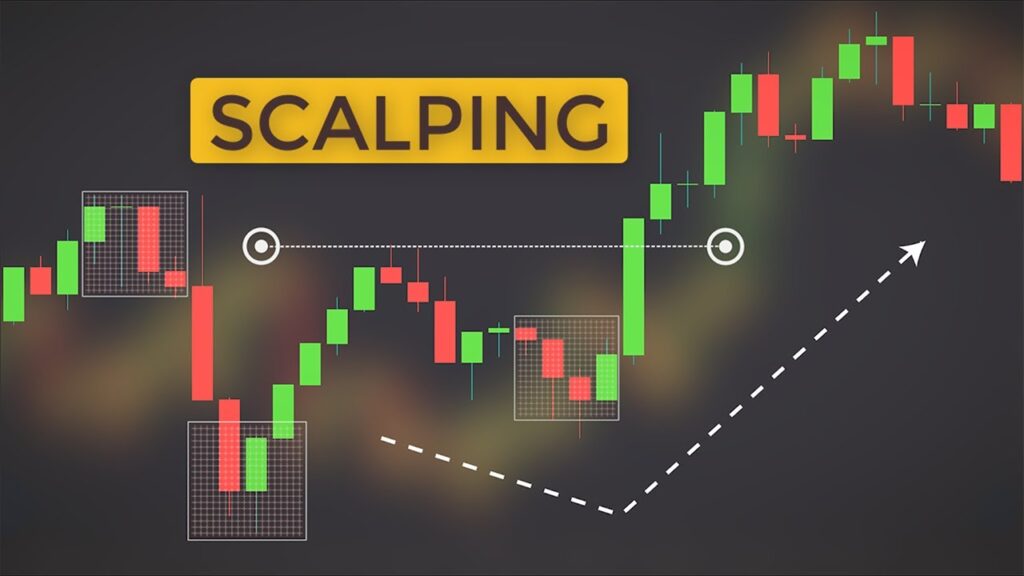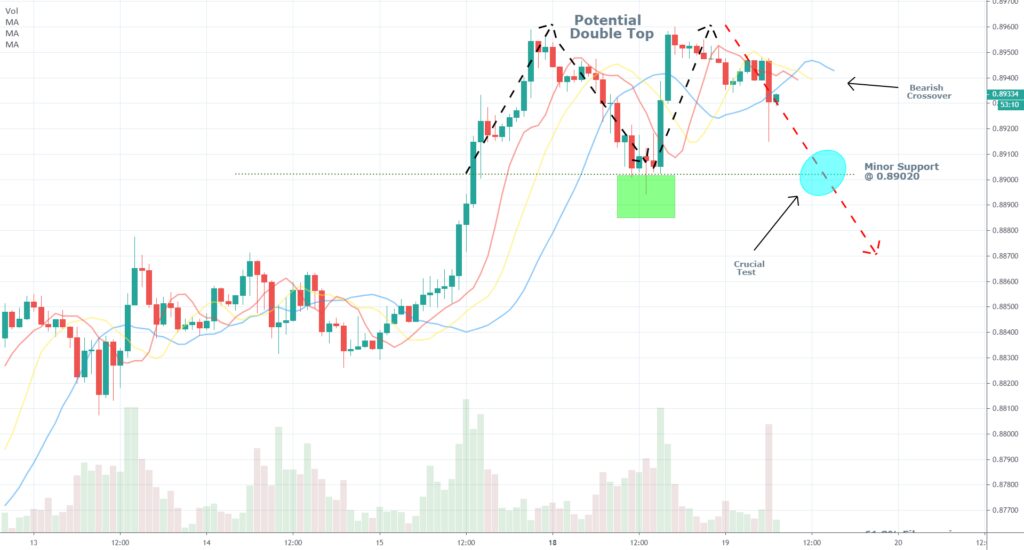You’ve probably heard the statistic that 95% of day traders lose money, and you’ve probably also seen a bunch of people online showing off their day trading gains. So, either we’re seeing the 5% of successful traders, or someone is lying to us. Let’s dive in to the world of day trading. There are hundreds of courses, seminars, and online communities selling you the lifestyle and the information you need to make it happen. There are both ups and downs that go along with day trading. You could make over $10,000 in one day. But you could also lose $10,000 in a day.
The simple fact of the matter is that day trading is very challenging to be successful at over a long period of time. A study on day traders between 2013 and 2015 in the Brazilian equity futures market found that 97% of those that traded for over 300 days lost money, and only 1.1% earned more than the minimum wage. Another study of day traders in Taiwan from 1992 to 2006 found that less than 1% of the day trading population is able to predictably and reliably earn abnormally positive profits.
That doesn’t paint a rosy picture for those who want to day trade, but stats don’t always mean too much to the individual. It’s good to know that a particular field is going to be challenging and the likelihood of success is minimal, but if it’s something that you really want and will work extraordinarily hard at to become the top percentage of traders, then that shouldn’t deter you.

A statistic about the food industry says that 80% of restaurants fail within the first five years, but there are plenty of poorly run restaurants that are serving subpar food. Similarly, there are plenty of traders out there who don’t have any clue as to what they’re doing. If a restaurateur can lease a great location, develop amazing recipes, and hire great staff, then the stats don’t matter much and they’ll just work even harder to ensure success knowing they’re entering a tough industry. The same goes for day trading.
You should also think of trading like any other high paying career. If you want to become a lawyer, you’ll probably be in school for seven years. To be a doctor, you’ll be in school for eight years and then have several years of residency after that. You obviously don’t need a degree to day trade, but you can’t expect to be successful without years of learning, studying, and practice.
No matter what anyone tells you, trading is hard. It doesn’t have to be complex, but it’s still difficult. If it was just learning a system or installing one indicator, people would just keep that information to themselves. Yet there are tons of gurus out there trying to sell you courses. It may seem like you can’t learn what you need to learn without paying for it. While courses may package most of the information that you need all together in one place, you can likely find everything that you need to build a profitable framework for trading online without paying any money.
There are many different considerations when day trading and financial education is crucial for a successful future. One thing to consider is that in day trading, one must remember that the PDT rule needs to be followed, to learn how to get around the PDT rule click here. Once you get around that rule one can start making money on a consistent basis.
Bonus: Is Day Trading the Only Option?

If you have read about trading in general in recent months, then you definitely know that day trading is not the only option that you have. The method of trading you will directly depend on your strategy and way of thinking. Some people simply want to ensure short-term profit (like with day trading) while others would want to trade and ensure a long-term profit. For instance, you buy a stock, wait for a couple of years for its value to grow, and then sell it for a better price.
Generally speaking, there are four different trading strategies (day trading is one of them) you should know about. They are all specific and beneficial for different groups of traders. Let’s say a couple of words about each one and help you determine which one meets your requirements and expectations.
Scalping

If you are a big fan of short-term trading, then day trading is one of the options that you will definitely like. However, people sometimes want to earn money even faster. Of course, this doesn’t mean they will manage to ensure a better profit. However, a couple of quick buys and sells are going to ensure they have financial stability. That’s exactly what scalping is all about.
As a scalp trader, your task would be to hold your position for only a couple of seconds, eventually minutes. Your task would be to make quick decisions and sell the stocks immediately after their price jumps a little. Not all markets are going to be suitable for this type of trading. You will have to look for those that are liquid.
Generally, keep in mind that this type of trading is probably a great option as a side hustle. You can do it before and after work, during the weekends, etc.
Swing Trading

Let’s say that swing trading is some sort of balance between short-term and long-term trading. This type of trader will wait for a couple of days to sell his stocks. However, it sometimes happens that these investments last for a couple of weeks as well. That is the reason why many people that have a full-time job like this option as well. They do not have to analyze the market during the entire day while still managing to complete all the duties that they have at their 9-5 job.
It is good to mention that swing traders use similar strategies as day traders. For instance, they will decide on counter-trend and trend trading, breakout trading, etc.
Position Trading

Last but not least – position trading. Well, this type of trading is perfect for those people that want to ensure a long-term profit. Your goal would be to analyze the price movements on a long-term basis. Believe it or not, this process can last for years. You will have to analyze weekly and monthly price changes and determine when is the right moment to sell your stocks and get a profit out of them. Minor price changes are not your concern, but developing a long-term strategy is going to be necessary!

